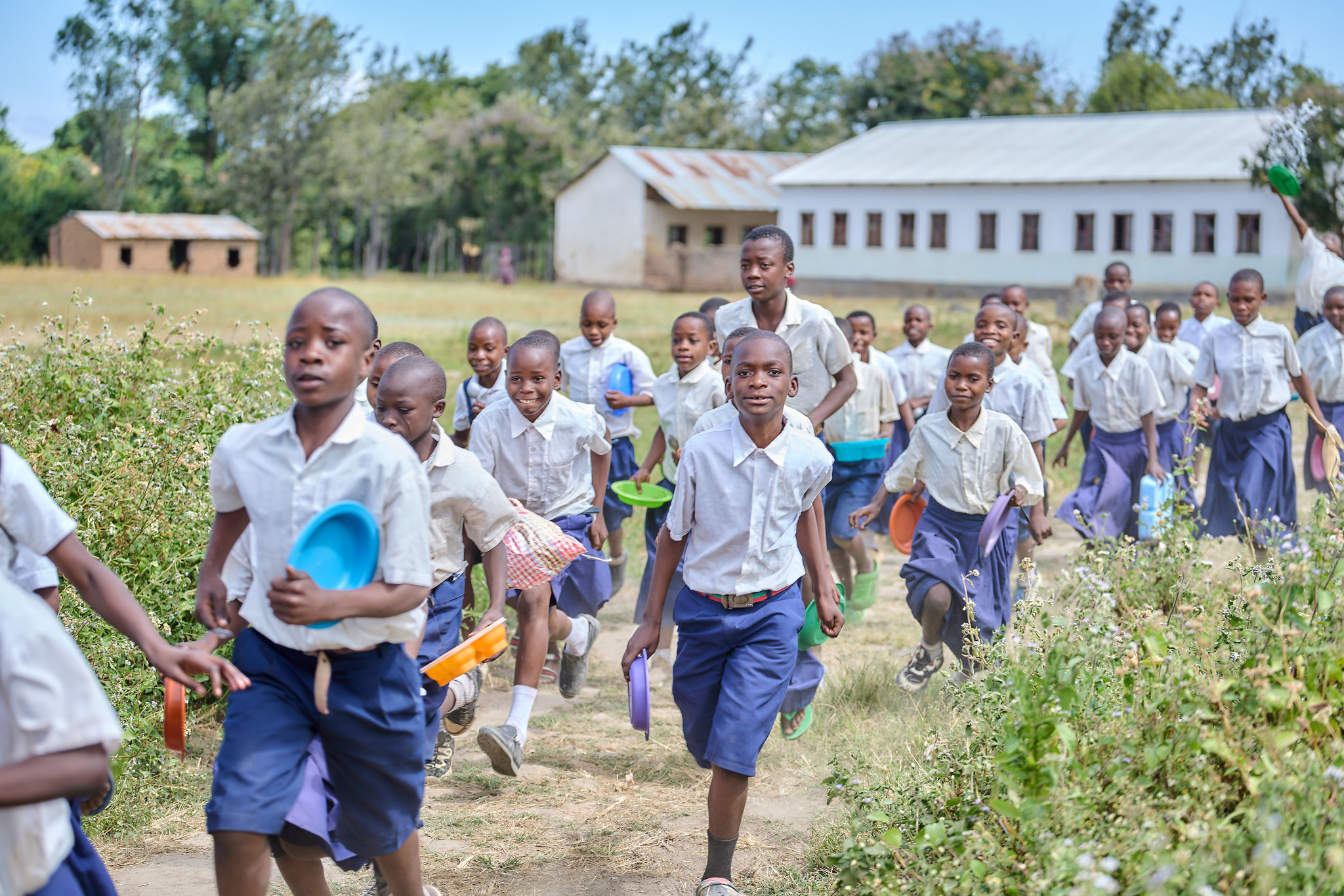Different crops react differently to changes in temperature and precipitation. Furthermore, climate change will affect the various regions of the world differently, and each region cultivates its own mix of crops. Across the climate change scenarios we consider[1] in the research monograph Food Security, Farming, and Climate Change to 2050, our results show that global cereal production will be between 3.2 and 8.2 percent lower with climate change than in a perfect mitigation scenario, where all greenhouse gas emissions are halted and the inertia in the climate system is overcome. But will this decrease in cereal production be accompanied by a shift in the composition of global cereal production and a change in relative prices that will change what we eat? Will we be swapping wheat pasta for rice noodles or favoring flour tortillas over corn? Will we eat less meat?
Worldwide, maize production will be between 2 and 10.5 percent lower with climate change than with perfect mitigation, wheat between 5 and 10 percent lower, and rice near 4 percent lower across all climate change scenarios. Sorghum and other grain production will be only minutely different with climate change.
These small differences in the effect of climate change on production will not lead to shifts in the composition of the global grain basket. Our results indicate that the relative prevalence of different cereals (maize, wheat, rice, sorghum, and other grains) in total global cereal production is extremely insensitive to climate change; no climate change scenario results in any cereal composing even 1% more (or less) of total cereal production than with perfect mitigation!
What do these production differences (or lack thereof) mean for global prices? Under all scenarios, the price of maize, wheat, rice, sorghum, and other grains is higher than with perfect mitigation. The relative prices of rice and wheat (compared to maize) are lower with climate change than without. On the other side of the same coin, the relative maize price is higher with climate change. Does this mean that climate change will cause us to consume more rice and wheat relative to maize, and use more sorghum and other grains as livestock feed?
In short, the answer is no. In both developing and developed countries the relative proportions of different types of grain consumed as food and feed are not sensitive to climate change; under no climate scenario does the relative proportion of any cereal in the consumption basket shift. However, the absolute quantities of grain consumed for food are lower with climate change than with perfect mitigation. Our results show that in developed countries, consumption of cereal as food will be lower by 6.8 to 12.2 percent, and in developing countries from 7.6 percent to 12.1 percent. Meat demand will be lower by only 1-2 percent in both developing and developed countries.
While it appears people will consume stapes in the same proportions with climate change or with perfect mitigation, they will consume slightly less of them. For those who eat meat, it does not seem that the amount they eat alongside their staple of choice will be lower with climate change.
[1] MIROC and CSIRO global circulation model results using the A1B and B2 scenarios.
This post, by Nicholas Magnan (n.magnan@cgiar.org), sheds light on the lessons learned from IFPRI’s research monograph: Food Security, Farming, and Climate Change to 2050: Scenarios, Results, Policy Options.







